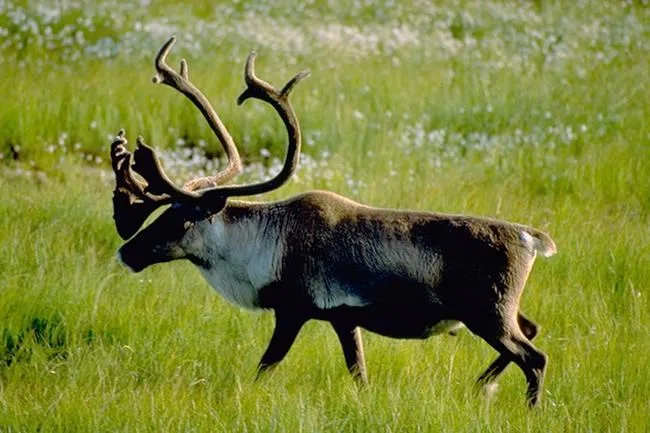
Alberta delegation in Ottawa secures caribou protection money
EDMONTON — The federal government says it will provide extra cash to help Alberta live up to Ottawa’s demands on restoring threatened caribou herds.
“We’re willing to partner with Alberta in terms of money and we want to work with them,” Jonathan Wilkinson, parliamentary secretary to federal Environment Minister Catherine McKenna, said Thursday.
Wilkinson did not release an amount.
Alberta Environment Minister Shannon Phillips took an industry-heavy delegation to Ottawa to tell McKenna that the province needs more money and time to live up to federal demands on restoring caribou herds.
